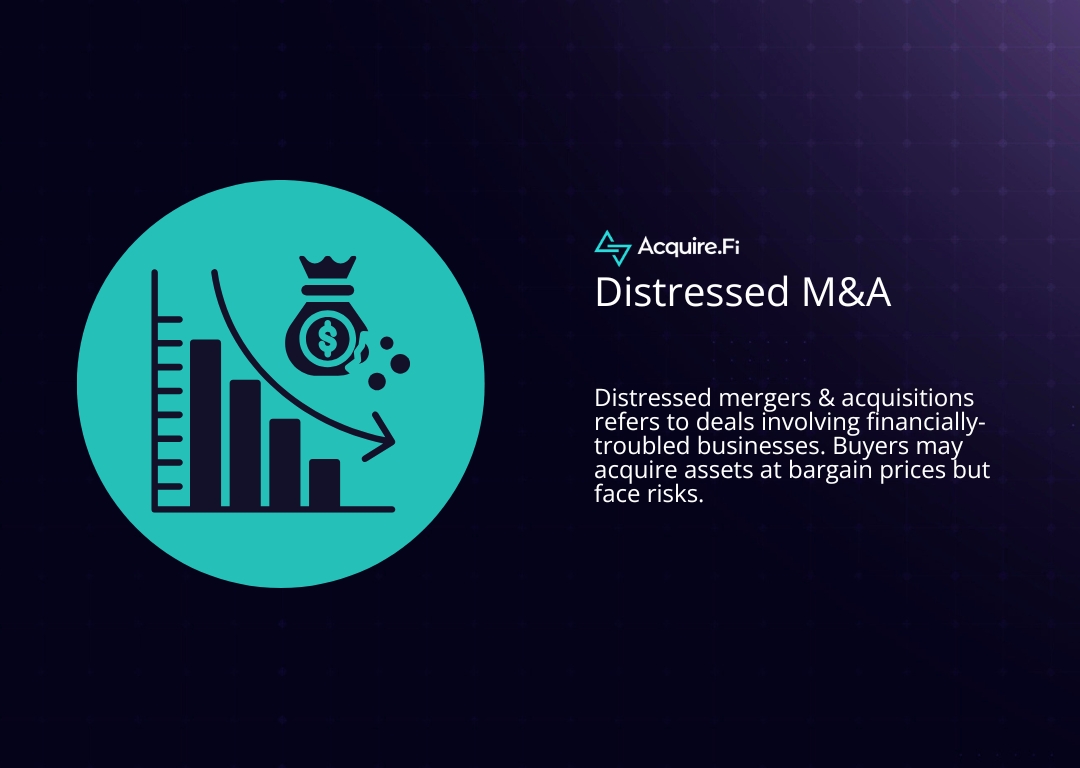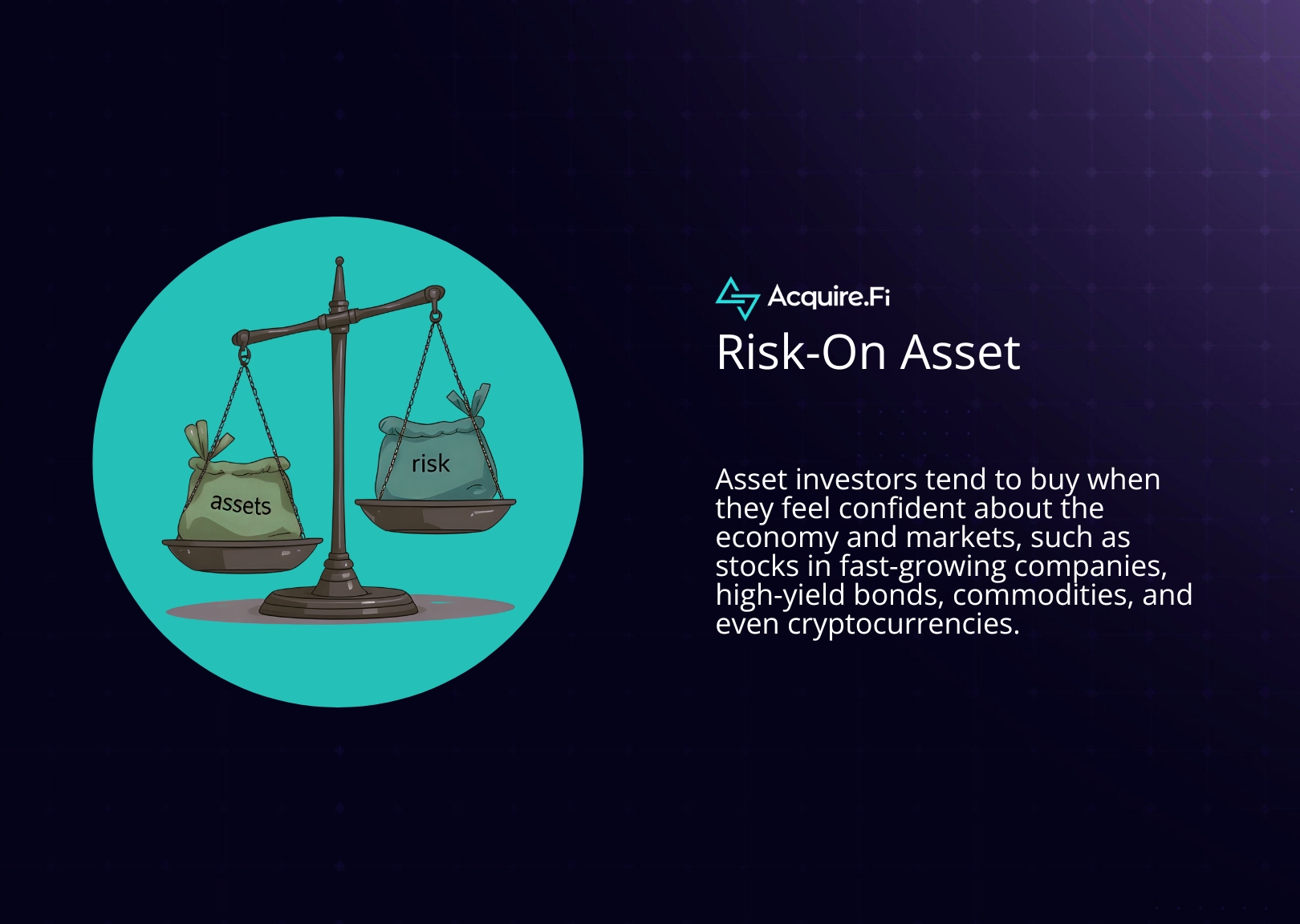How to Build A Real Estate Portfolio
Building a real estate portfolio is a strategic approach that many real estate investors undertake to achieve financial stability and long-term wealth. Here are the essential steps to build a successful real estate portfolio, the advantages and disadvantages, and key strategies for sustained growth.
What Is a Real Estate Portfolio?
A real estate portfolio is a collection of investment properties owned by an individual or a company. This portfolio can include various types of properties, such as residential, commercial, industrial, and even undeveloped land. The primary goal of building a real estate portfolio is to generate income, achieve capital appreciation, and diversify investment risk. A well-constructed portfolio can provide financial stability and long-term wealth.
5 Steps to Build A Real Estate Portfolio
Here's what a real estate investor should know to get started with portfolios:
1. Learn the Basics of Real Estate Investing
Consider taking courses, reading books, and attending seminars to build a solid foundation. Knowledge is power, and being well-informed will enable you to make more effective investment decisions. This includes learning about different property types, investment strategies, financing options, and market trends.
Things like choosing the right investment property, the right property management company to partner with, and the like should be thoroughly checked to avoid future problems.
2. Define Your Investment Goals
Are you looking for steady rental income, long-term capital appreciation, or a combination of both? Assess your risk tolerance, target returns, and investment timeline. Having well-defined goals will steer your investment choices and help you stay focused on your objectives.
3. Study the Local Market
Research the economic conditions, employment rates, population growth, crime rates, and real estate trends in the area where you plan to invest. Analyzing real estate opportunities factors will help you choose the right properties and avoid potential pitfalls. For example, you wouldn't want to invest in residential properties in a place with high crime rates. Local market knowledge is key to making informed decisions and maximizing returns.
4. Check Your Financing Options
Explore various financing options, such as partnerships, hard money loans, private lenders, and conventional mortgages. Each option has its advantages and disadvantages, so it's important to choose the one that best fits your financial situation and investment goals. Additionally, maintaining a good credit score and financial stability will improve your chances of obtaining favorable loan terms. Keep in mind that you need to have a positive cash flow and keep your net operating income away from the red.
5. Diversify Your Real Estate Investment Portfolio
In real estate, diversification can be achieved by investing in different property types (commercial, residential, and multifamily properties), locations, and using multiple investment strategies. For example, you might own a mix of rental properties, real estate investment trusts (REITs), and trading in online platforms. Diversifying your portfolio reduces the impact of market fluctuations and increases the potential for steady returns.
Other investors focus solely on creating a rental property portfolio. Commercial real estate, such as office buildings, retail spaces, and industrial properties, can offer higher rental yields and longer lease terms compared to residential properties.
Advantages of Having a Portfolio
- Income Generation: A diversified portfolio can provide multiple streams of income, enhancing financial stability.
- Appreciation: Over time, properties in your portfolio may appreciate in value, contributing to long-term wealth.
- Risk Mitigation: Diversification reduces the risk associated with investing in a single property or market.
- Tax Benefits: There are real estate investments that offer tax exemptions and other benefits such as deductions for mortgage interest, depreciation costs, operating expenses, and property taxes.
- Leverage: Real estate allows investors to use leveraged financing, meaning you can purchase properties with borrowed funds, increasing your potential returns.
Risks of Real Estate Investments
- Management Complexity: Managing multiple properties can be time-consuming and require significant effort. A great example of this would be your rented residential and commercial properties where you need to deal with monthly rental collection, inspection, and contract filing.
- Market & Financial Risk: Real estate markets can be volatile, and changes in economic conditions can impact property values and rental income. A great example of this would be the recent pandemic where most tenants, residential and commercial alike, had to lose their income and in turn, had to leave the property.
- Liquidity Issues: Real estate is not as liquid as other investments, such as stocks or bonds, making it harder to quickly convert assets into cash. This risk is felt heavily by flippers who need to pool their money to buy and renovate the property. The house could not sell and sit for a while.
Conclusion
Building a real estate portfolio is a strategic way to generate income, achieve capital appreciation, and diversify investment risk. By learning the basics of investing, setting clear goals, studying the local market, exploring financing options, and diversifying your investments, you can create a robust and profitable real estate portfolio. While there are challenges associated with managing a portfolio, the advantages often outweigh the disadvantages, making real estate a compelling investment choice for long-term wealth building.











.webp)